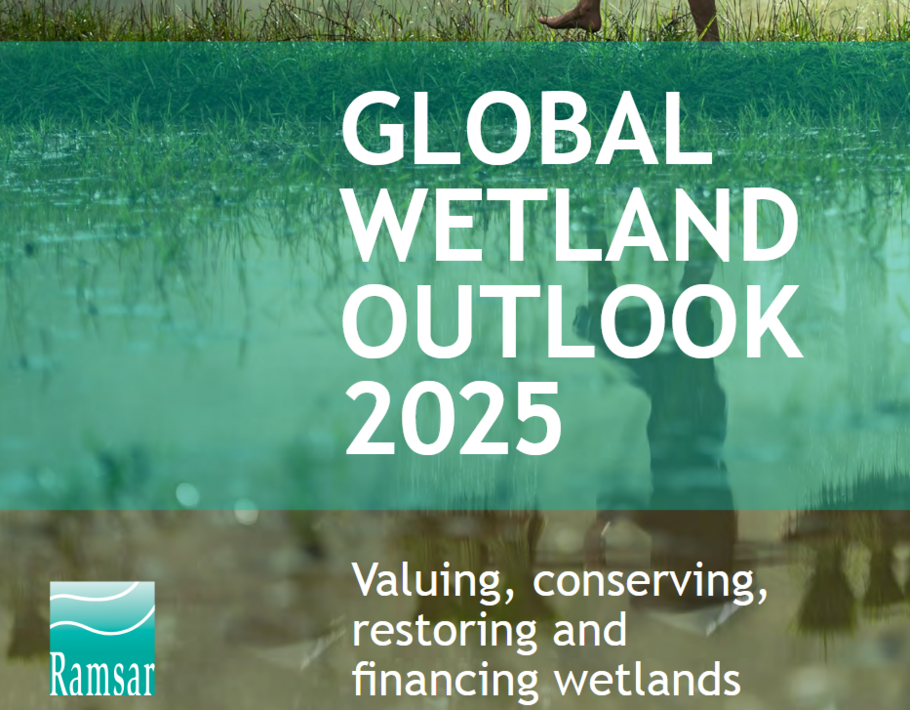
Wetlands, including those in the Congo Basin, are rapidly disappearing, endangering vital ecosystems and the communities that depend on them.
Wetlands, which cover about 6% of the Earth's land surface, are true reservoirs of life and benefits for humanity. They provide drinking water, food resources, protect against floods, store carbon, and support biodiversity. Their contribution via these essential services exceeds 7.5% of the global GDP. Yet, they are disappearing faster than any other ecosystem, at an average rate of 0.52% per year since 1970, during which 22% of wetlands have been lost.
The "Global Wetland Outlook 2025 (pdf - 6.89 Mi)" report, published ahead of COP15 in Victoria Falls, Zimbabwe, sounds the alarm. If current trends continue, 20% of remaining wetlands could be destroyed by 2050, leading to the loss of ecosystem services valued at $39 trillion globally. This situation threatens water security, climate change mitigation, food security, and the well-being of billions of people.
The Congo Basin, one of the largest tropical wetland reservoirs in the world, plays a crucial role in climate regulation and biodiversity maintenance. These wetlands harbor unique ecosystems and contribute significantly to carbon storage while supporting local communities that directly depend on them. Accelerated degradation of wetlands in this basin exposes the region to increased flood risks, loss of vital resources, and worsens the impacts of climate change on both regional and global levels.
Unfortunately, one-quarter of the world's wetlands are in poor ecological condition, particularly in Latin America, the Caribbean, Africa, and notably in parts of the Congo Basin. However, the report highlights encouraging initiatives. For example, in neighboring Zambia, a restoration effort backed by an initial investment of $300,000 now helps 1.3 million people improve their livelihoods while strengthening biodiversity. Other programs protect critical wetlands for migratory birds and human communities in Asia and Africa, including within the Congo Basin.
To reverse this crisis, the report recommends four priority action areas:
Integrate the ecological and economic value of wetlands into political and economic decision-making, especially for major basins like the Congo.
Recognize their fundamental role in the global water cycle.
Include wetlands in innovative financing mechanisms such as carbon markets and other green financial instruments to support their sustainable management.
Mobilize multi-stakeholder partnerships to fund and implement restoration projects on the ground, strongly involving local communities.
This roadmap is crucial to preserving a natural capital on which the health of the entire planet depends, including key regions like the Congo Basin. The urgency is clear: without swift and coordinated measures, we risk losing a vital ecosystem and the countless benefits it provides humanity.
Share: